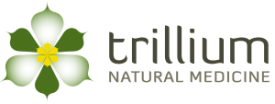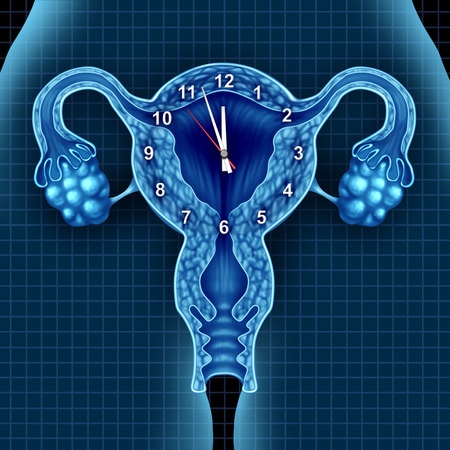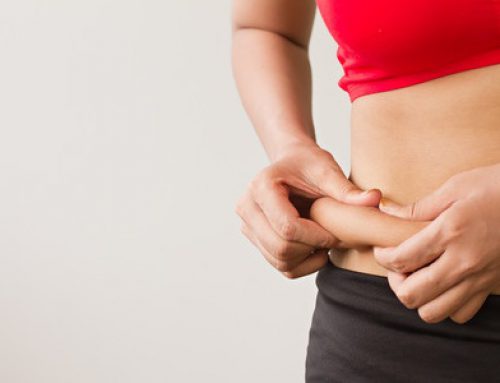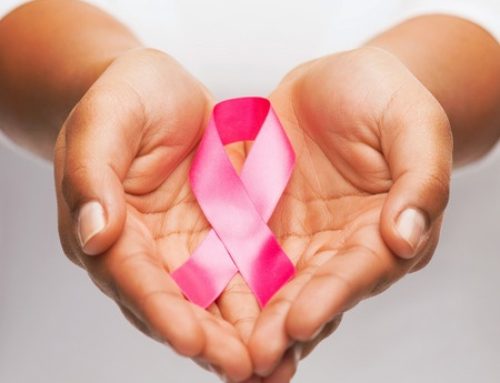The complexities of fertility are immense. There are many moving parts that lead to conception and ultimately a healthy pregnancy and child. However, one of the most important factors in female fertility is egg quality. In this post, we’ll explore the topic of egg quality as well as therapeutic ways to improve it in order to increase pregnancy rates and expand families!
First thing’s first: what is egg quality?
Egg quality refers to the health of the follicle and the oocyte that is released during ovulation. Ideally, mid-cycle an egg is released from the ovary following a spike in luteinizing hormone (LH) and goes on to be fertilized by sperm. It then travels down the fallopian tubes and is referred to as a blastocyst, which will eventually become an embryo. When an embryo is formed, it should have 23 pairs of chromosomes. In such a case, this embryo is called euploid. When there are fewer or more than 23 pairs it is aneuploid, which is an unhealthy embryo. Aneuploid embryos very often lead to miscarriage. We strive for euploid embryos and thus we are going to learn about improving egg quality.
Why is egg quality important?
When a euploid embryo is formed by a healthy egg and healthy sperm, it is more likely to lead to a healthy pregnancy and live birth. The embryo needs to be strong enough to survive the early stages of development, therefore, it is important to begin this process with high quality eggs. Whether or not a person is striving to conceive naturally or through assisted reproductive technology such as an intrauterine insemination (IUI) or in vitro fertilization (IVF), this piece of the puzzle is critical. IVFs and IUIs are more likely to be successful if egg quality is high as well.
For whom is egg quality especially relevant?
Women who have experienced multiple miscarriages (2-3 or more), women ages 35 and older and women diagnosed with diminished ovarian reserve (DOR) benefit from improving egg quality. Women who have a history of giving birth to a child with a chromosomal abnormality such as a trisomy can also benefit from improving their egg quality. It is very common in our generation for women to put off becoming a parent because they are focusing on their careers, working toward advanced degrees, or traveling the world. So this therapeutic goal is becoming more and more relevant. In my practice I encourage women over age 30 to begin taking steps to improve egg quality from the start because preconception health impacts the health of the child on the way for decades to come.
Why does egg quality diminish as women age?
As you read this, you may be remembering the biological clock scene from My Cousin Vinny when Marisa Tomei says to her fiance, “my biological clock is tickin’ like this” as she stomps her high heels on the cabin porch.
This scene rings a bell for many women. We’ve come to accept the idea that when our bodies age, so do our eggs. There are theories now as to why egg quality diminishes as we age, which is useful information because it gives us the power to do something about it. Here is an overview of theories that are outlined in Naturopathic Physician Jaclyn Chasse’s article “Fertile Over 40” that was published in the Naturopathic Doctor News and Review (NDNR):
#1: Declining androgens surrounding ovaries
Androgens are hormones that control the development and maintenance of masculine characteristics. Two of the well known androgens are testosterone and DHEA. Androgen activity surrounding the ovaries naturally declines in women as they age. Androgens are important in women because they increase FSH receptor activity. FSH is the hormone signal from the pituitary that is involved with ovulation.
It is important that the ovaries have an ample supply of testosterone. Treatments addressing testosterone are often therapeutically beneficial, whether it’s more of a naturopathic approach (such as using DHEA or androgenic herbs) or a pharmaceutical approach (such as Letrozole). Supplementation of DHEA among women with diminished ovarian function has been shown to increase pregnancy rates significantly. In addition, miscarriage rates were significantly lower after DHEA supplementation in the general population but especially in the above age 35 group.
#2: Antioxidant status due to oxidative stress
The second theory is oxidative stress affecting egg quality. As women age they have a decreased ability to scavenge free radicals in order to counteract them. A decreased ability to fight free radicals associated with advancing age can lead to increased damage of ovarian lipids, proteins, and DNA. While it is necessary to have oxidative stress to some degree in order to ovulate, it needs to be balanced so that it does not lead to chromosomal abnormalities in the egg. Because of the increase oxidative stress, it is important for women who are trying to conceive with potential egg quality issues to saturate their diet and supplement regimen with powerful antioxidants. Antioxidant therapies help to fight free radicals and offset oxidative damage that impacts fertility.
Some studies have shown that melatonin, a potent antioxidant that is produced by the pineal gland, increases pregnancy rates, improves oocyte quality and increases fertilization rates even at three milligrams a day. Not only is Melatonin present in preovulatory fluid, melatonin receptors are found in ovarian tissue, thus making it evident that this antioxidant is indeed an important one for fertility. Melatonin has been found to inhibit premature ovarian failure as well as improve ovarian function and egg quality. Often people think of melatonin for jet-lag and to improve sleep, but it’s impacts on fertility are becoming more evident.
#3: Mitochondrial defects
The mitochondria is the powerhouse of the cell. The ovaries have a very high number of mitochondria, perhaps the highest concentration anywhere in the body. Nutrients such as coenzyme q10 support mitochondrial function. In addition, coenzyme q10 deficiency in ovarian tissue can lead to impaired energy production, increased lipid oxidation and increased reactive oxygen species (ROS). Its supplementation can increase follicular maturation in litter size in animal studies. Coenzyme Q10 is beneficial for both men and women in fact. A typical dosage for women is 100-200 mg daily and often just 60-100 daily for men.
#4: Oocyte aging and telomere shortening
Telomeres are regions of repetitive nucleotide sequencing at the end of each chromatid, which is a single strand of a chromosome. They have an important role in protecting each chromosome from deterioration or fusing with other nearby chromosomes. As every cell divides, telomere shortening occurs. The more telomere shortening that occurs, the more damage to the DNA, which makes it more likely for an embryo to be aneuploid. This theory is still being developed, but we believe that it impacts egg quality.
As always, nutrition is never to be overlooked. Women focusing on improving their egg quality should eat a healthy, plant-based diet high in legumes, leafy greens, fruits, seeds, nuts, sprouts, cold-water fish and green tea. Exercise is also paramount to decrease stress, balance blood sugar and improve sleep.
Those struggling with fertility challenges often feel that they are fighting an uphill battle. However, it is empowering and exciting to learn that there are several ways to improve egg quality for optimal fertility, a healthy pregnancy, and a future child. Egg quality is just one of the ways that women (perhaps in spite of their age) can improve their odds of having children.
Have you addressed egg quality to improve fertility? Share your story in the comments section below.







